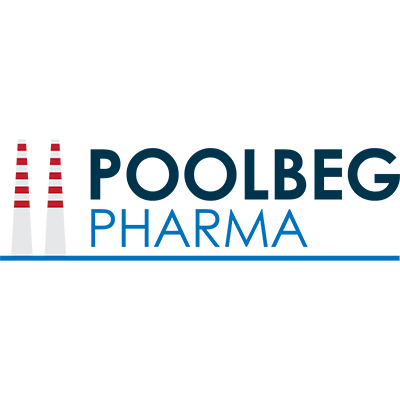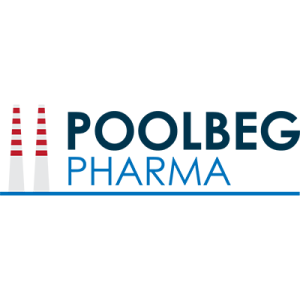Drugs like PARP inhibitors and chimeric antigen receptor (CAR) therapies, and advancements in artificial intelligence in drug discovery, have spurred hope for improved cancer care in the past year. Rigorous research has paved the way for a declining cancer death rate – by 33% to be precise – since the early 1990s, according to a report by American Cancer Society, although the affordability gap still needs bridging. As World Cancer Day was observed on February 4, what does the future of cancer treatment look like in 2034?
Nearly a decade ago, it was thought that immunotherapy and precision medicine were going to be the sought-after approaches to treating cancer, according to the American Cancer Society. Now, ten years down the line, ample research into these fields could set the precedent for cancer treatment in the future.
Immunoconjugates are showing substantial promise, according to Liam Tremble, principal scientist at Poolbeg Pharma. These are drugs that are made up of an immune agent like a monoclonal antibody as well as a molecule designed to kill cancer cells. Together, they deliver specific cargo to cancer cells in a precisely targeted way.
Poolbeg Pharma plc (LON:POLB) is a clinical stage infectious disease pharmaceutical company, with a novel capital light clinical model which enables us to develop multiple products faster and more cost effectively than the traditional biotech model.


